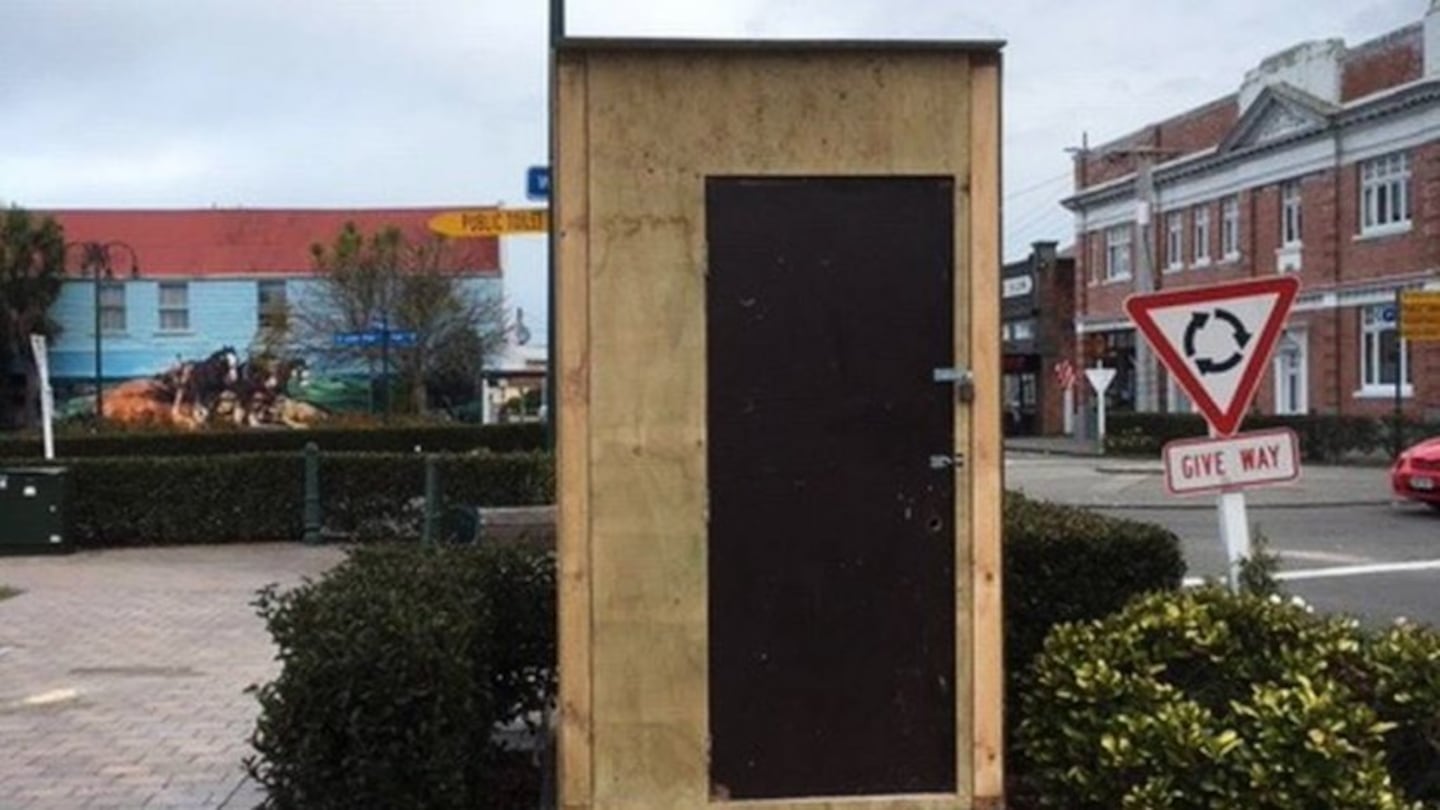Rangitīkei District Council has covered a statue of Captain James Cook to conceal it as a decision is made on its future.
In a statement the council said it was aware of the recent sensitivities around historic statutes, such as the Captain Cook statue in Marton. "Today the decision was made to conceal this statue to allow time for a formal decision to be made about its future. We ask you to please respect this decision."
The town, first known as Tūtaenui, is south of Whanganui on Te Taihauāuru of Te Ika a Māu. It was given the name Marton by local citizens in 1869 to honour the hometown of Captain Cook in Yorkshire, 100 years after Cook first landed in Tūranganui a Kiwa.
The decision follows a move by Hamilton City Council to remove a contentious monument of Crown soldier Captain John Hamilton who died in the battle of Gate Pā, following a formal request to the council by Waikato-Tainui and a warning from kaumātua Taitimu Maipi.
Internationally, the Black Lives Matter movement in America has reignited calls around the world to remove colonial statues and monuments, on the basis that they are symbols that entrench racist narratives of white supremacy in public spaces.
Peaceful protests have been held in Tūranganui a Kiwa within the last week, objecting to the installation of two Captain Cook Endeavour replica ships. Over the weekend, the Captain Cook statue at Waikanae was vandalised with the words, 'Black Lives Matter and so do Māori", and, "...remove this racist headstone before I do."
Aotearoa race relations
Statues of questionable colonisers, slave traders and racists from General Robert E Lee to Christopher Colombus have been removed in America, Mexico and Britain.
Te Rūnanga o Ngā Wairiki Ngāti Apa chair Pahia Turia says the removal of statues and street names is symbolic and symptomatic of a deeper issue affecting race relations in Aotearoa.
"We as a nation need to be up for those conversations otherwise removing statues, deemed by some as reminders and symbols of oppression, negates the real fundamental issues we are confronted with.”
“With the attention that this topic currently holds across the world, it is also timely to continue to have our own local conversations.”
“Removing statues and street names in isolation will simply put a band-aid over a chance to inform and educate our communities on local history. We have a real opportunity here and we believe we should show courage and leadership here in the Rangitīkei.” says Mr Turia.

